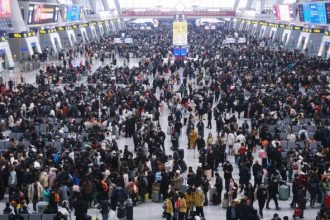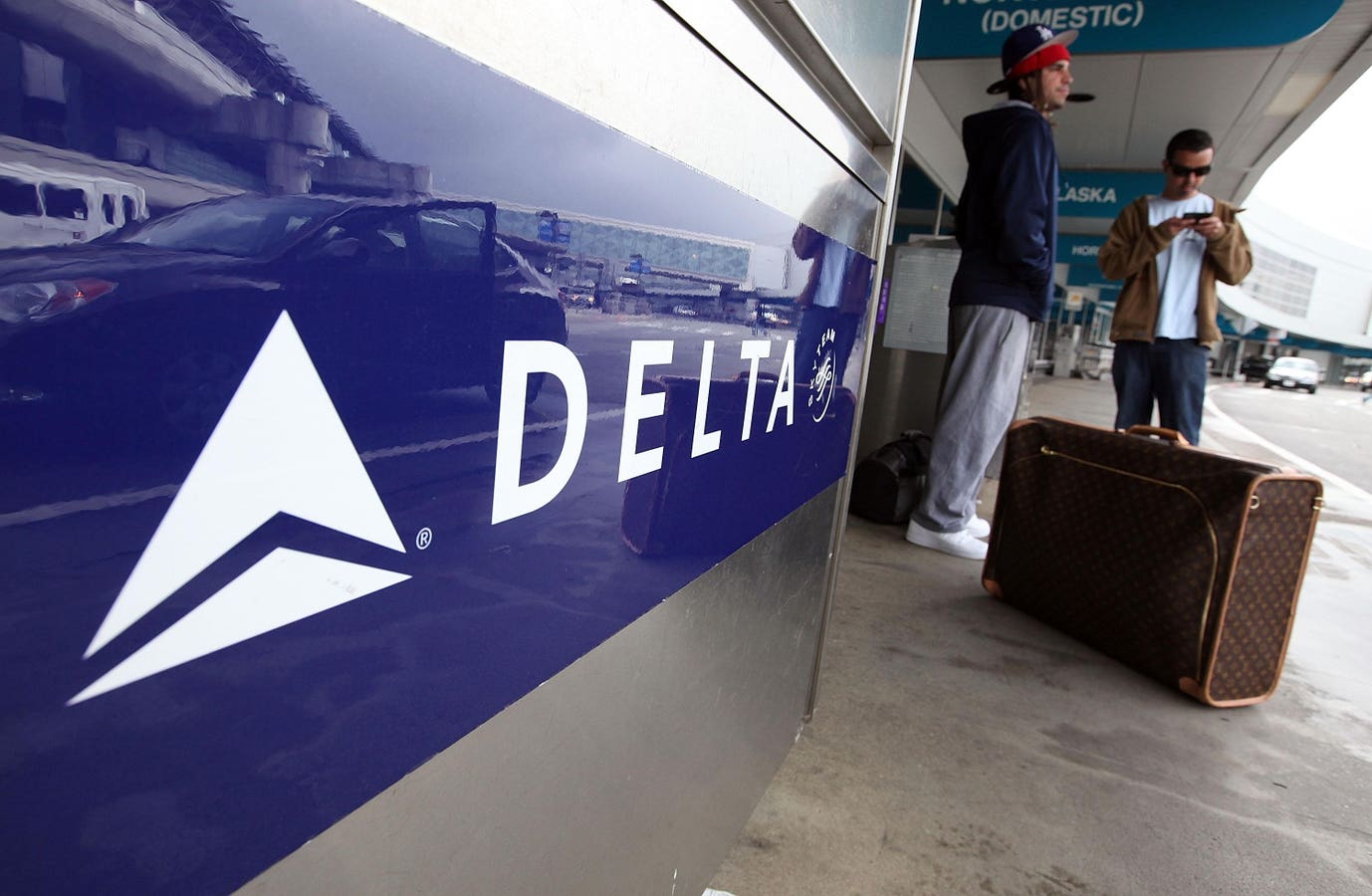A recent study by ancillary revenue specialists IdeaWorks reveals airlines earned $117.9 billion from extras, including onboard sales, baggage charges, seat selections, and loyalty programs last year.
Airline revenue from baggage fees surged to $33 billion. This is a significant 15% increase over the $29 billion airlines earned from bags in 2022 and exceeds the $32.9 billion in baggage fee revenue airlines made in 2019, pre-COVID.
Baggage fees, which includes money charged for checked luggage, overweight bags, and in some cases, for larger carry-on items, have long been a significant ancillary income category helping airlines offset the rising costs of fuel.
American Airlines has just raised its baggage fees with the first checked bag on flights in and between U.S., Puerto Rico, and U.S. Virgin Islands priced at $40 (discounted to $35 when paid online). The second checked bag fee is $45. Bags on flights to and from Canada, Caribbean, Mexico, Central America, and Guyana will cost $35 for the first bag and $45 for the second.
Premium Seating Is Catching Up to Bags
Before the pandemic, baggage fees constituted the bulk of extra charges. However, during the health crisis, more airlines introduced fees for better seats. Passengers’ willingness to pay for extra comfort, like premium seating nearer the front of the plane, or economy plus seating with more legroom, has lingered post-pandemic. IdeaWorks suggests airline ancillary revenue from seat fees could now match what airlines earn for bags.
Managing Passenger Work-Arounds For Baggage Fees
Ancillary revenue strategies vary from airline to airline, boosting revenue while ensuring they retain the value of their brand and don’t discourage loyal customers.
To navigate this fine line, some airlines only charge baggage fees for bare-bones discounted tickets. ‘Basic economy’ tickets emerged as a way for traditional airlines to compete with low-cost carriers, offering no-frills service and some carry-on restrictions. For example, purchases of basic economy fares from airlines like Avianca, Etihad, LATAM, SAS Scandinavian, and United restrict passengers to just a personal item.
One side-effect of baggage fees is that more travelers will stuff their carry-on bags to avoid paying extra. Some airlines, particulary low-cost carriers, enforce weight limits for carry-on bags and limit the number of personal items passengers can bring onboard.
Having more passengers travel with carry-on luggage can lead to serious operational issues, including a lack of visibility on the required aircraft weight balance for safe operations.
Finnair recently got some backlash for its voluntary passenger weigh-in policy. However, accuratey calculating the weight of passengers and their carry-on bags is critical as fewer passengers check bags, which are weighed automatically. A similar survey conducted by Lufthansa for the European Union Aviation Safety Agency found that the percentage of travelers who flew without carry-on luggage decreased from 6.2% in 2009 to only 3.3% in 2022.
Some airlines have avoided these complications by still offering free checked baggage. Baggage friendly airlines include: Air China, Cathay Pacific, Korean Air, Qantas, Singapore Airlines, Emirates, and Southwest Airlines
LUV
Asian and African carriers often include baggage in all fares, while Southwest stands out in the U.S. for promoting its ‘bags fly free’ policy.
U.S. Airlines Lead in Co-Branded Credit Card Revenue
Beyond bags, airlines earn plenty from their loyalty programs. IdeaWorks reports that U.S. carriers such as Alaska, American, Delta, Hawaiian, Southwest, and United lead the pack in htis ancillary category, accounting for 32% of global ancillary revenue and nearly 68% of frequent flyer and commission-based revenue. Notably, this outstrips their 24% share of global traffic.
U.S. majors brought in a total of $37.8 billion in extra charges, of which loyalty programs contributed $27.0 billion and other ancillaries made up $10.8 billion. A significant portion of this income comes from co-branded credit card programs.
For example, Delta Air Lines reported its loyalty revenue increased by 22% last year, compared to 2022. The airline earned $1.7 billion in credit card commissions from American Express
AXP
Read the full article here





